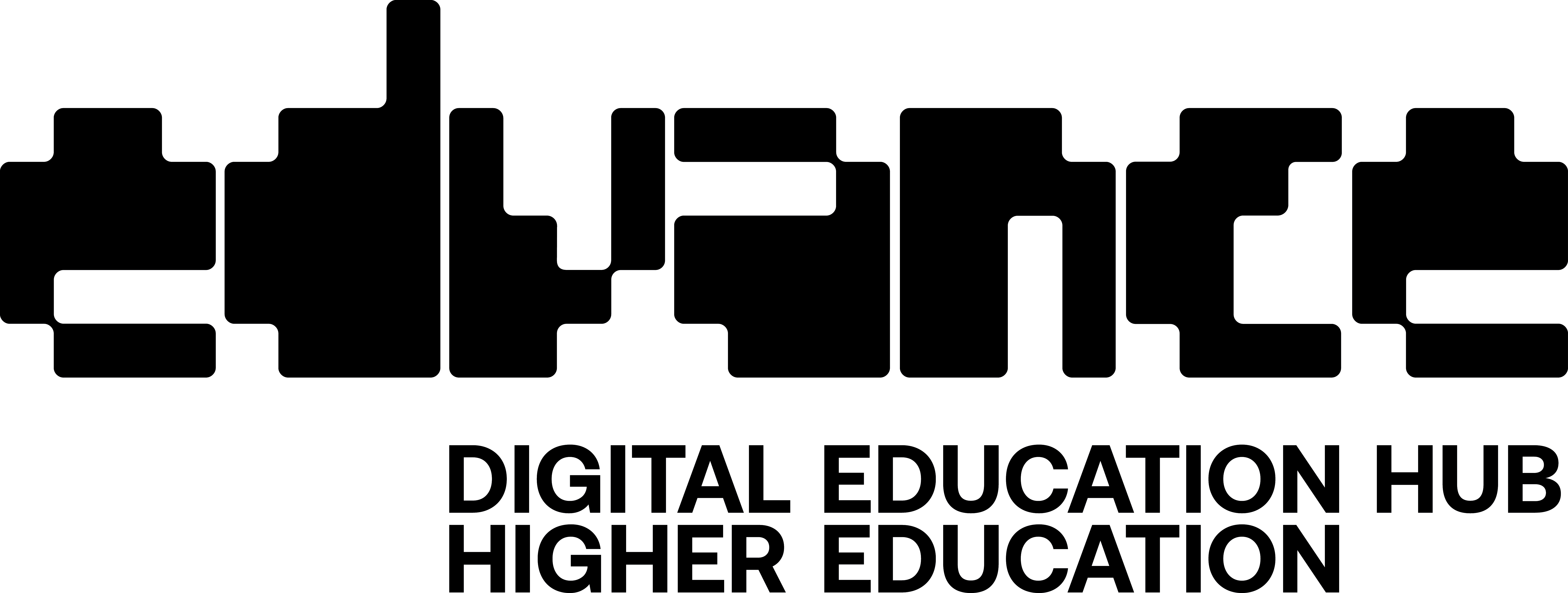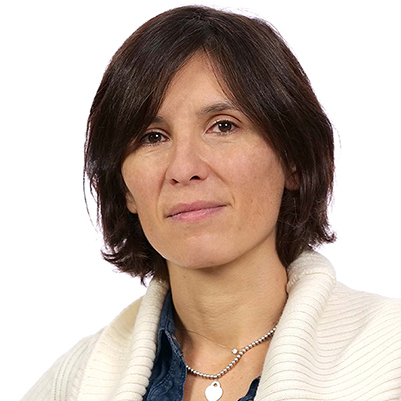Log in and enrol
Learning with AI
Learning with AI
How to Use Artificial Intelligence to Enhance Your "Power to Learn"
This course is part of
Course description
Being able to learn effectively has always been one of the most valuable skills, and today, the rise of Artificial Intelligence accessible to everyone makes it even more essential. The "Learning with AI" course will guide you through the discovery of key AI tools, such as Large Language Models (LLMs), and teach you how to leverage them through a structured approach, making your learning process more effective and personalized. Throughout this journey, you'll engage with stories of people like you—individuals eager to learn something new to achieve their goals.
The course you're about to start is called AIMOOK (Artificial Intelligence Mentored Online Open Knowledge), a hybrid learning environment combining the AIbook and MOOC formats. This approach provides an interactive, flexible, and personalized experience powered by AI, featuring:
- Integrated AIbook – An interactive digital book with adaptive learning paths.
- AItivities – Hands-on exercises guided by the AIbook.
- Metacognitive Exercises – Critical reflections on the use of AI in learning.
- Infographics – Visual aids to enhance comprehension.
- Podcast with experts – Insights from international specialists.
By successfully completing the course and passing the assessment tests, you'll earn an Open Badge, certifying your acquired skills.
Total workload: 25 hours (including content, exercises, and independent study)
The MOOC is divided into 3 weeks:
- Week 1 – The Power of Learning
The first week introduces you to the power of learning, a crucial resource for tackling today’s challenges. You'll explore the Smart Learning Design (SLD) method, which structures learning events to make the process more effective, structured, and personalized. Additionally, you'll dive into the landscape of AI tools, such as Large Language Models (LLMs), and uncover their potential in enhancing learning.
- Week 2 – Steps of learning to learn
The second week is structured into specific phases, each offering an opportunity to understand how your learning abilities work and how to enhance them with the support of LLMs. Each lesson will be based on real-life situations where students face different learning challenges. Through these scenarios, you'll discover how LLMs can become powerful allies in your learning journey.
Practical examples will be paired with guided exercises using an AIbook (an AI-powered tool tailored to this MOOC's content) and reflective activities designed to help you develop your own "power to learn."
- Week 3 – Next Steps
The third and final week unlocks the next level of learning. You'll explore advanced learning strategies enhanced by LLMs, and gain insights into the future of AI in education, from multimedia and multichannel functionalities to personalized responses. You'll also examine current limitations and the future directions of AI-powered learning.
For a wider diffusion of the course, learning materials including texts, infographics, diagrams and videos were translated from Italian to English through Artificial Intelligence software. Therefore they may contain inaccuracies.
This MOOC was produced as part of the Edvance project – Digital Education Hub per la Cultura Digitale Avanzata. The project is funded by the European Union – Next Generation EU, Component 1, Investment 3.4 “Didattica e competenze universitarie avanzate".






Intended Learning Outcomes
If you actively participate in this course, you will be able to:
- Analyze the current landscape, characterized by rapid technological and social changes, and recognize the importance of lifelong learning in tackling complex challenges
ESCO: demonstrate willingness to learn ESCO: identify support mechanisms to develop your professional practice ESCO: principles of artificial intelligence - Identify and critically utilize all available resources to design your educational and professional journey. You'll learn to leverage AI tools to clearly define your learning goals, plan your process, explore sources, gather content, activate knowledge refinement processes, and reinforce what you’ve learned
ESCO: use learning strategies ESCO: instructional design models - Reflect critically on your learning process, identifying effective AI-driven strategies to optimize your educational journey and enhance your "power to learn"
ESCO: exercise self-reflection ESCO: manage personal progression
Prerequisites
No prerequisite knowledge is required for this course.
Activities
In addition to accessing the course content—including video lessons and various online resources such as infographics and in-depth materials—you will have the opportunity to test your acquired knowledge through a final graded quiz, which is required to obtain the final certificate.
Furthermore, the course content has been used to develop a custom AI-powered tool, which you can use to complete the proposed exercises. While these activities are not graded, they will allow you to deepen your understanding of the course topics and apply key concepts in a practical and interactive way. Additionally, you will have access to a podcast featuring insights from internationally renowned experts.
Section outline
-
-
-
-
-
-
-
Video transcripts Folder
-
Bibliography Page
-
Assessment
The course includes the issuance of an Open Badge, which can be earned based on the score achieved in the graded quizzes (final quiz). You have unlimited attempts for each quiz, but you must wait 15 minutes between attempts. To successfully complete the course and obtain the certificate, you must score at least 60% of the total points in each graded quiz. The maximum score for each quiz is indicated at the beginning of the quiz. You can view your score either after your last attempt or on the "Grades" page.
Certificate
To earn the Open Badge, you must correctly answer at least 60% of the questions in each graded quiz and complete the final questionnaire.
Once you have completed the required activities, you can access the "Claim Open Badge" section to initiate the badge issuance. Instructions for accessing your badge will be sent to your email.
Please note: The Open Badge is not an official certificate and does not grant university credits, grades, or diplomas.
Information about fees and access to materials
You can access the course completely online and absolutely free of charge
Course faculty

Susanna Sancassani
Teacher
Managing Director of METID (Methods and Innovative Technologies for Teaching) at Politecnico di Milano, where she teaches Teaching Strategies, supports faculty in adopting innovative approaches, designs and develops digital learning services, and participates in numerous research and training projects.
She is also the coordinator of the Edvance project, the first Digital Education Hub for advanced higher education.

Daniela Casiraghi
Teacher
Graduated in Industrial Design, she has been collaborating with METID since 2002, first as an interaction and instructional designer, then as a project manager. She specializes in international projects, innovative teaching, and faculty training, bringing her expertise in Artificial Intelligence to support teaching and learning processes.

Valeria Baldoni
Instructional Designer
Graduated in Theory and Technology of Communication from Università degli Studi di Milano-Bicocca, she has been working at METID since 2016 as an instructional designer. She is also involved in communication and graphic design.
Credits
Recordings, Post-Production, Set Design: Valentina Di Nunzio, Luca Farinelli, Chiara Grifò, Amedeo Longeri.
Contact details
If you have any enquiries about the course or if you need technical assistance please contact pok@polimi.it. For further information, see FAQ page.

